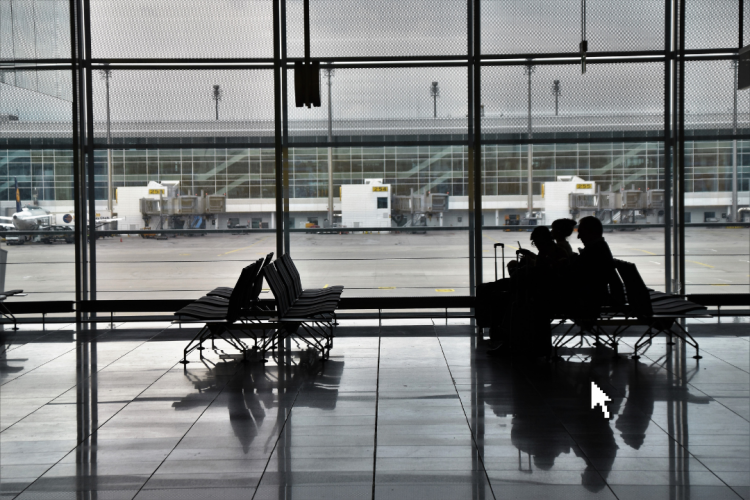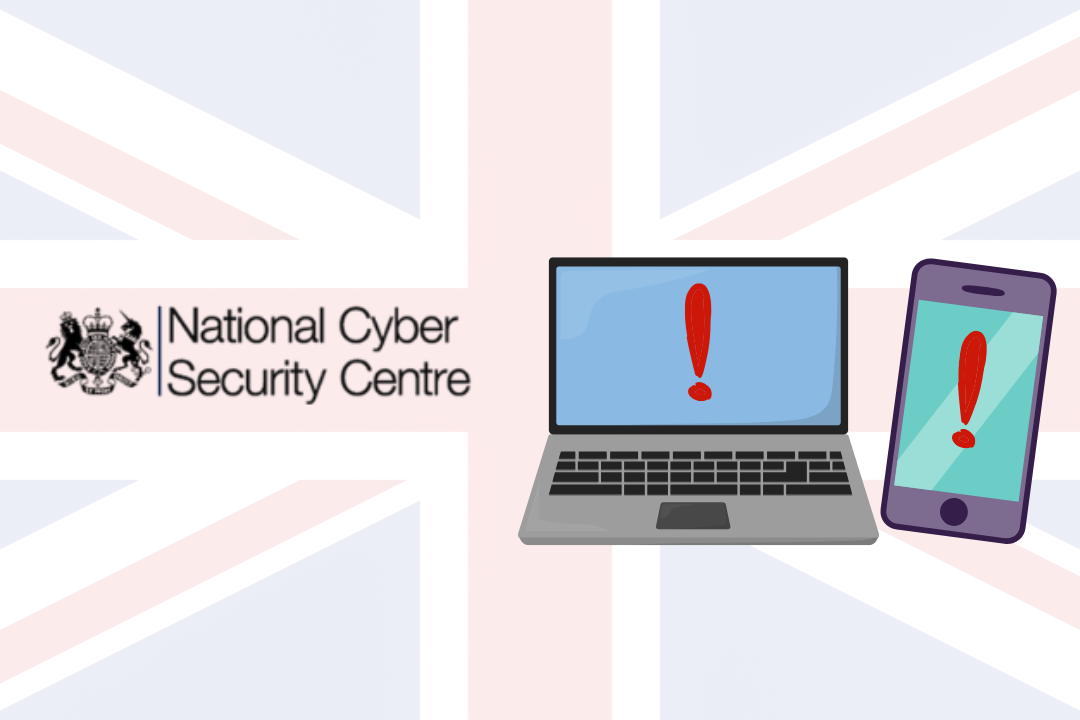Why the Recent Heathrow Incident Demonstrates the Critical Need for Robust Cybersecurity in Our Interconnected World
When passengers began queueing at Heathrow Airport this past weekend, September 20th, 2025, few could have imagined that their travel disruption stemmed from a cyber attack occurring hundreds of miles away. A cyberattack targeting Collins Aerospace’s check-in and boarding systems had disrupted operations at several major European airports, including London’s Heathrow, causing widespread flight delays and cancellations. What unfolded over the weekend serves as a stark reminder of just how interconnected and vulnerable our globalised world has become.
When One Link Breaks, the Chain Falters
The incident wasn’t a direct attack on Heathrow, Brussels, or Berlin airports themselves. Instead, cybercriminals targeted Collins Aerospace, a third-party provider whose MUSE (Multi-User System Environment) software powers electronic check-in and boarding systems across multiple European airports. Collins Aerospace’s parent company, RTX, acknowledged they were aware of a “cyber-related disruption” to its MUSE software at selected airports, with the impact limited to electronic customer check-in and baggage drop.
This seemingly technical detail reveals something profound about modern infrastructure: our most critical systems often depend on shared services that, whilst efficient and cost-effective, create single points of failure across entire industries. The fact that the disruption stems from a third-party supplier shows how attackers often go after the weakest link rather than the airport itself.
The Human Cost of Digital Vulnerability
The consequences were immediate and far-reaching. At Heathrow, Berlin and Brussels, 29 departures and arrivals had been cancelled, with 651 departures scheduled from Heathrow alone on Saturday. Passengers found themselves stranded, facing long queues as staff were forced to switch to manual procedures, significantly slowing down passenger processing.
Brussels Airport bore the brunt of the disruption, asking airlines to cancel half their flights between 04:00 GMT on Saturday and 02:00 GMT on Monday because of the online attack. For the thousands of travellers affected, what should have been routine journeys became exercises in patience and uncertainty.
A Growing Threat Landscape
This incident isn’t isolated. The aviation sector recorded a 600 per cent increase in cyber-attacks from 2024 to 2025, according to a report by French aerospace company Thales. The aviation industry has become what experts describe as “a digital battlefield with significant economic and geopolitical interests at stake”.
Transportation and logistics have consistently ranked among the world’s top ten most attacked industries. The reasons are clear: these sectors represent critical infrastructure with complex, interconnected systems that, when disrupted, create maximum chaos with relatively minimal effort from attackers.
The Supply Chain Vulnerability
What makes the Heathrow incident particularly concerning is how it demonstrates the vulnerability of supply chains in our hyper-connected world. We’ve witnessed this pattern before across industries – from retail to automotive, and now aviation. Criminals are deliberately targeting supply chains to cause maximum disruption, understanding that attacking one provider can simultaneously impact dozens of organisations and millions of customers.
The lesson is unambiguous: “security can’t stop at your own network”. Organisations must extend their cybersecurity considerations to every vendor, supplier, and third-party service provider in their ecosystem.
The Economic Ripple Effect
While exact figures remain unquantified, past incidents suggest losses of around £10 million per day per major airport. Beyond immediate financial costs, there are broader implications:
- Passenger confidence: Each incident erodes trust in digital systems
- Operational resilience: Organisations must maintain expensive backup systems
- Regulatory response: Increased compliance requirements and oversight
- Insurance costs: Cyber insurance premiums continue rising across industries
The global aviation cyber security market is expected to reach $5.32 billion in 2025, with average annual growth estimated at 8.7 per cent by 2029, driven by increasing digitalisation and an intensified threat landscape.
Learning from Disruption
The aviation industry’s response offers insights into effective crisis management. Airlines with robust backup systems, like British Airways, operated normally as it has a backup system in place, whilst others struggled with manual processes.
This highlights a crucial cybersecurity principle: resilience isn’t just about preventing attacks – it’s about maintaining operations when attacks succeed. The organisations that weathered this storm best were those that had invested in redundancy, manual fallback procedures, and crisis communication protocols.
Building Cyber Resilience in a Connected World
As our world becomes increasingly interconnected, the traditional approach of securing individual organisations is insufficient. We need ecosystem-wide thinking that addresses several key areas:
Supply Chain Security: Every vendor relationship represents a potential attack vector. Due diligence must extend beyond financial stability to include cybersecurity maturity assessments, regular security audits, and contractual requirements for incident disclosure.
Collaborative Defence: Better information-sharing between governments, airlines, and technology providers is essential, so that when one country reports an attack, others can take action more quickly to contain it.
Operational Resilience: Systems must be designed to fail gracefully. When digital systems go down, manual processes should be ready to maintain critical operations, albeit at reduced capacity.
Regular Testing: The effectiveness of backup systems and manual procedures can only be verified through regular testing. Tabletop exercises and penetration testing help identify weaknesses before criminals do.
The Path Forward
The Heathrow incident serves as a wake-up call for organisations across all sectors. This perspective shift is crucial: cybersecurity isn’t a technical issue relegated to IT departments – it’s a fundamental business risk that requires board-level attention and cross-functional collaboration.
Taking Action: Protecting Your Organisation
The interconnected nature of modern business means that no organisation is immune to supply chain cyber attacks. Whether you operate in aviation, manufacturing, retail, or professional services, the lessons from this incident apply to your business.
Cyber threats continue evolving, becoming more sophisticated and targeting the weakest links in our interconnected systems. The question isn’t whether your organisation might be affected by a supply chain cyber attack – it’s whether you’ll be prepared when it happens.
At Omni Cyber Security, we understand that effective cybersecurity requires more than just installing software or updating firewalls. It demands a comprehensive approach that evaluates your entire digital ecosystem, including all the third-party providers and suppliers your business depends upon.
Don’t wait for the next headline to feature your industry. Our cybersecurity experts can help you identify vulnerabilities in your systems and supply chain before criminals do. Through comprehensive penetration testing, we simulate real-world attack scenarios to uncover weaknesses that could leave your organisation exposed.
Contact Omni Cyber Security to schedule your comprehensive cybersecurity assessment and penetration testing consultation.




